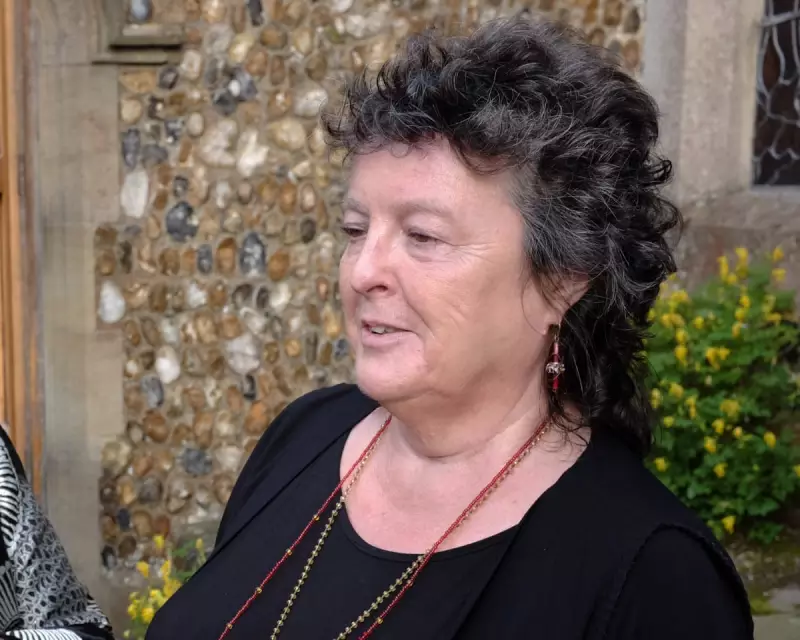
In a striking act of poetic protest, Britain's former Poet Laureate Carol Ann Duffy has released a searing new work that holds a mirror to the divisive nature of Donald Trump's recent state visit. The poem, starkly titled 'Bombsite', is a masterful and chilling commentary on the former US President's impact on the political landscape.
Duffy, who served as Poet Laureate from 2009 to 2019, employs her signature lyrical precision to craft a haunting tableau. The poem's central image is that of a young child standing amidst the devastation of a bombsite, a powerful metaphor for the perceived destruction left in the wake of Trump's rhetoric and policies.
A Poetic Reckoning for a Controversial Visit
The piece is a direct response to the pomp and ceremony of the official state visit, which was met with significant public protests across the country. Duffy's work cuts through the diplomatic formalities, focusing instead on the raw emotional and political fallout. It challenges the reader to consider the cost of such alliances and the legacy they create for future generations.
By choosing the perspective of a child in the rubble, the poem transcends immediate political commentary and taps into a deeper, more universal anxiety about the future. It questions what world leaders are building, and for whom, suggesting that some political actions can resemble acts of cultural and social demolition.
Continuing a Tradition of Political Poetry
This is not the first time Duffy has used her platform to address political events. Her tenure as Laureate was marked by a willingness to engage with contemporary issues, from the MPs' expenses scandal to the Brexit referendum. 'Bombsite' firmly continues this tradition, using the condensed power of poetry to offer a perspective often lost in 24-hour news cycles and political spin.
The poem has quickly ignited conversation within literary and political circles, being hailed by many as a timely and necessary intervention. It stands as a testament to poetry's enduring role as a vessel for public conscience and a form of peaceful, potent dissent.





